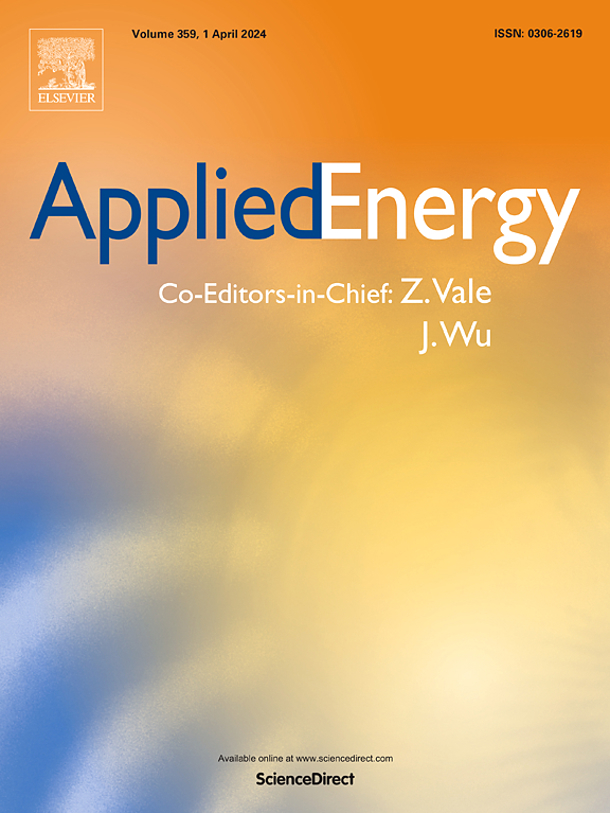
Authors From Afeka: Dr. Gur Mittelman, Dr. Ohad Eisenhändler, Dr. Yossi Luzon, Dr. Moshe Tshuva
Abstract
Power generation is one of the main resources for emissions of pollutants and greenhouse gases. Thus, emissions can be seriously regulated if the electricity sector could be driven by renewables. Of special interest are cases with an isolated grid such as Israel, with extensive work already carried out in the past on the evaluation of renewable electricity in this country. Yet, it appears that the methods adopted previously were not rigorous enough to reflect the true potential. The current work is an attempt to deal with this challenge by implementing comprehensive input data collection, as well as detailed performance and energy management modeling. The main goal of the current study is to evaluate the energy mix, together with the required storage capacity, that would allow maximum penetration of renewables into the Israeli grid in 2050. The total electric demand in 2050 is evaluated as 183.3 TWh. The resources of interest are fossils, solar energy (both photovoltaics and agrivoltaics), onshore and offshore wind, sea waves, and organic waste. The total installed power from renewables is evaluated as 180.6 GW. The energy storage capacity is mostly relying on the technology of Vehicle to Grid (V2G), and with the help of additional stationary batteries and several pumped hydroelectric plants, the total capacity is estimated as 216 GWh. However, owing to the uncertainty in future storage technologies, larger capacities are considered as well. The performance model (PM) used in the analysis of solar and wind plants is the System Advisor Model (SAM). To match the electric generation and demand, an energy management system (EMS) model was developed. The EMS is controlling the hourly fossil power to maximize the renewable share on an annual basis while ensuring full supply to consumers (no power outage). Economic evaluation is excluded in the current analysis. It was obtained that renewables share between 80.1% and 99.5% may be achieved, depending on the scenario. The annual energy dumping is between 4.9% and 46.1% and the fossil plants’ annual capacity factor is between 0.4% and 13.6%.


The potential of renewable electricity in isolated grids: The case of Israel in 2050
Share a link using:
https://www.afeka.ac.il/en/industry-relations/research-authority/the-potential-of-renewable-electricity-in-isolated-grids-the-case-of-israel-in-2050/WhatsApp
Facebook
Twitter
Email
https://www.afeka.ac.il/en/industry-relations/research-authority/the-potential-of-renewable-electricity-in-isolated-grids-the-case-of-israel-in-2050/